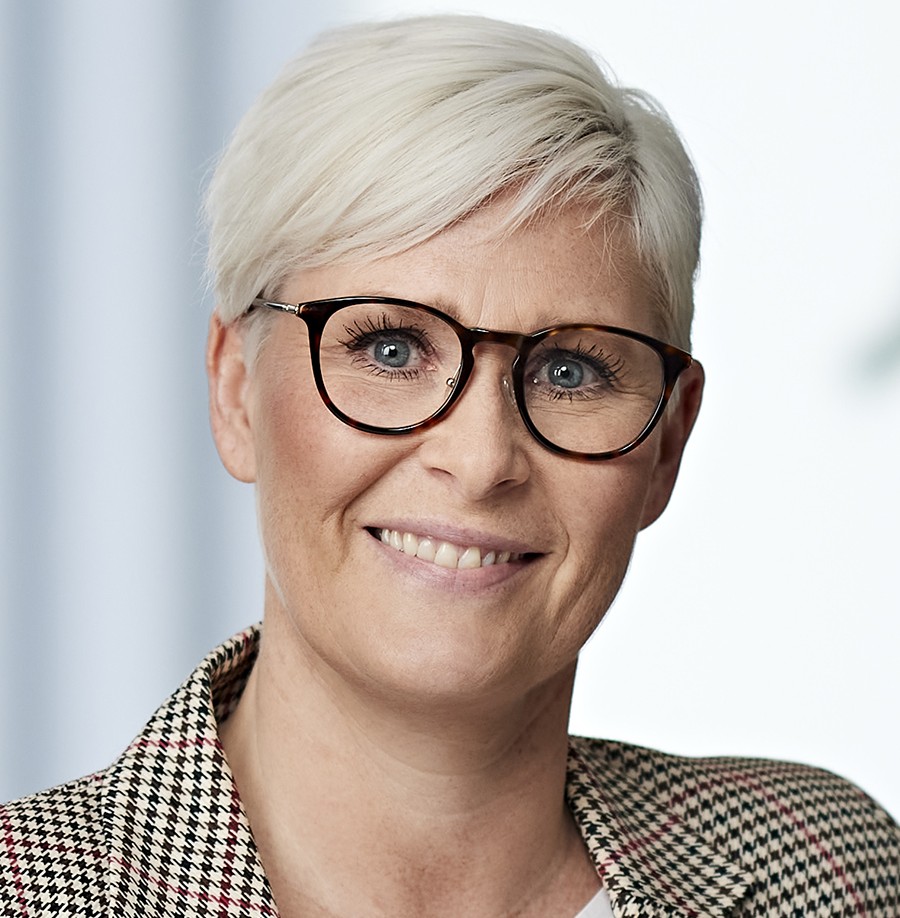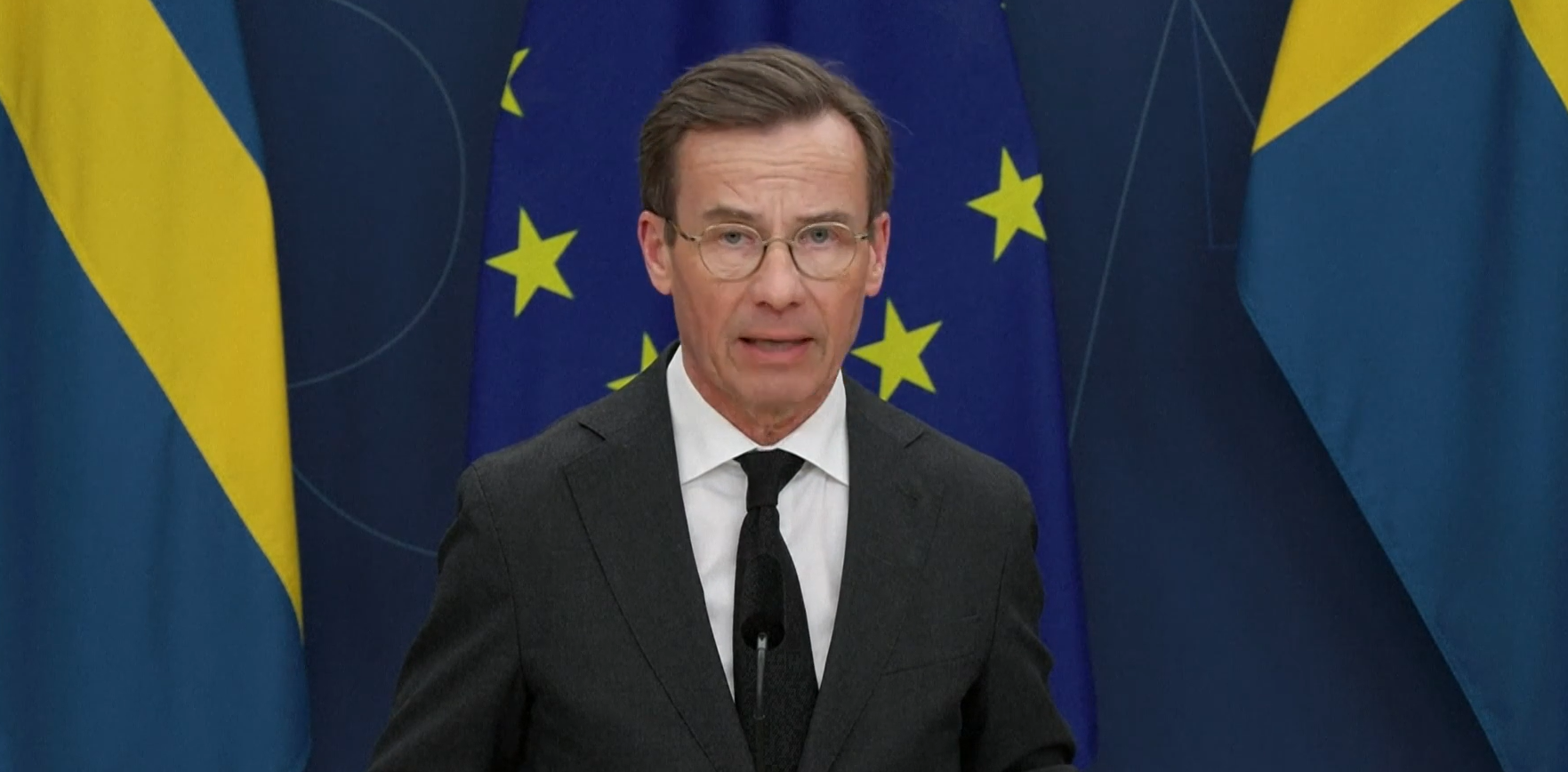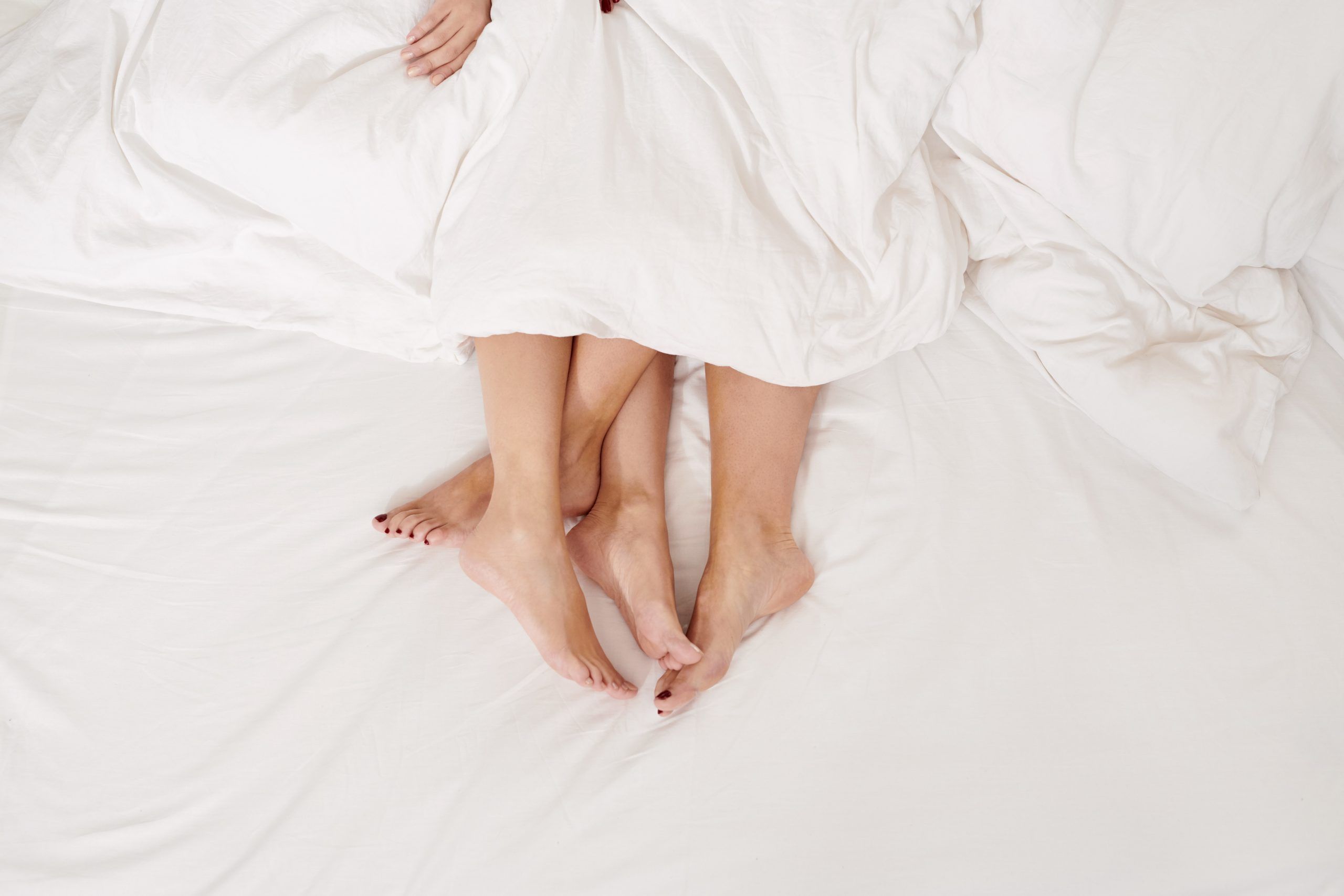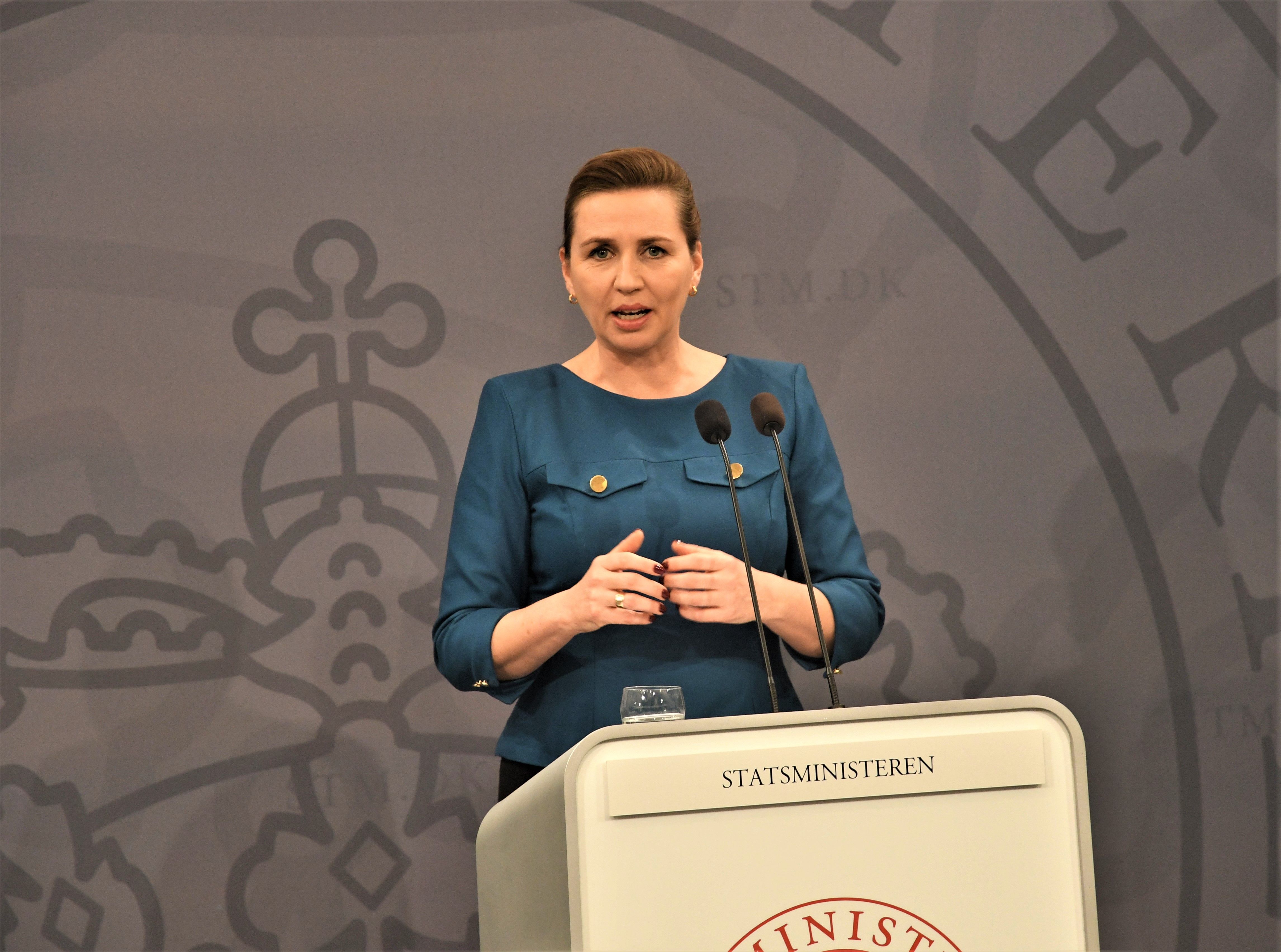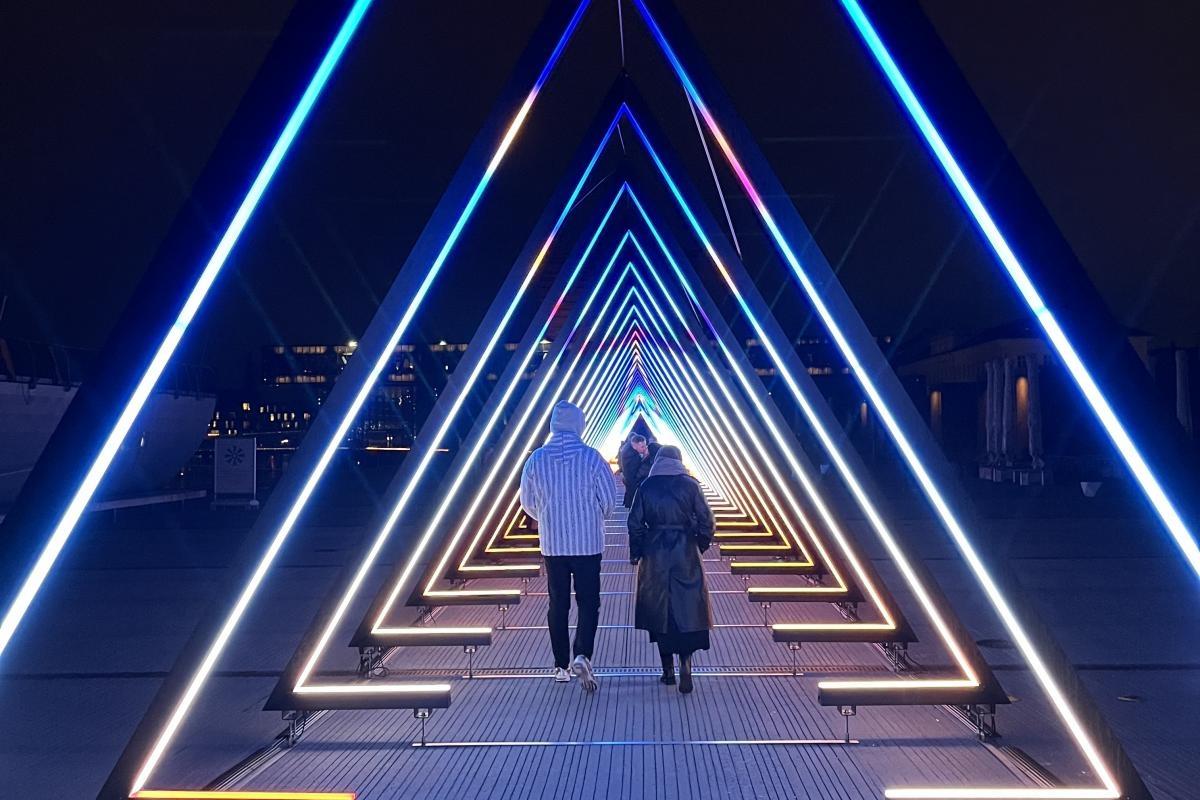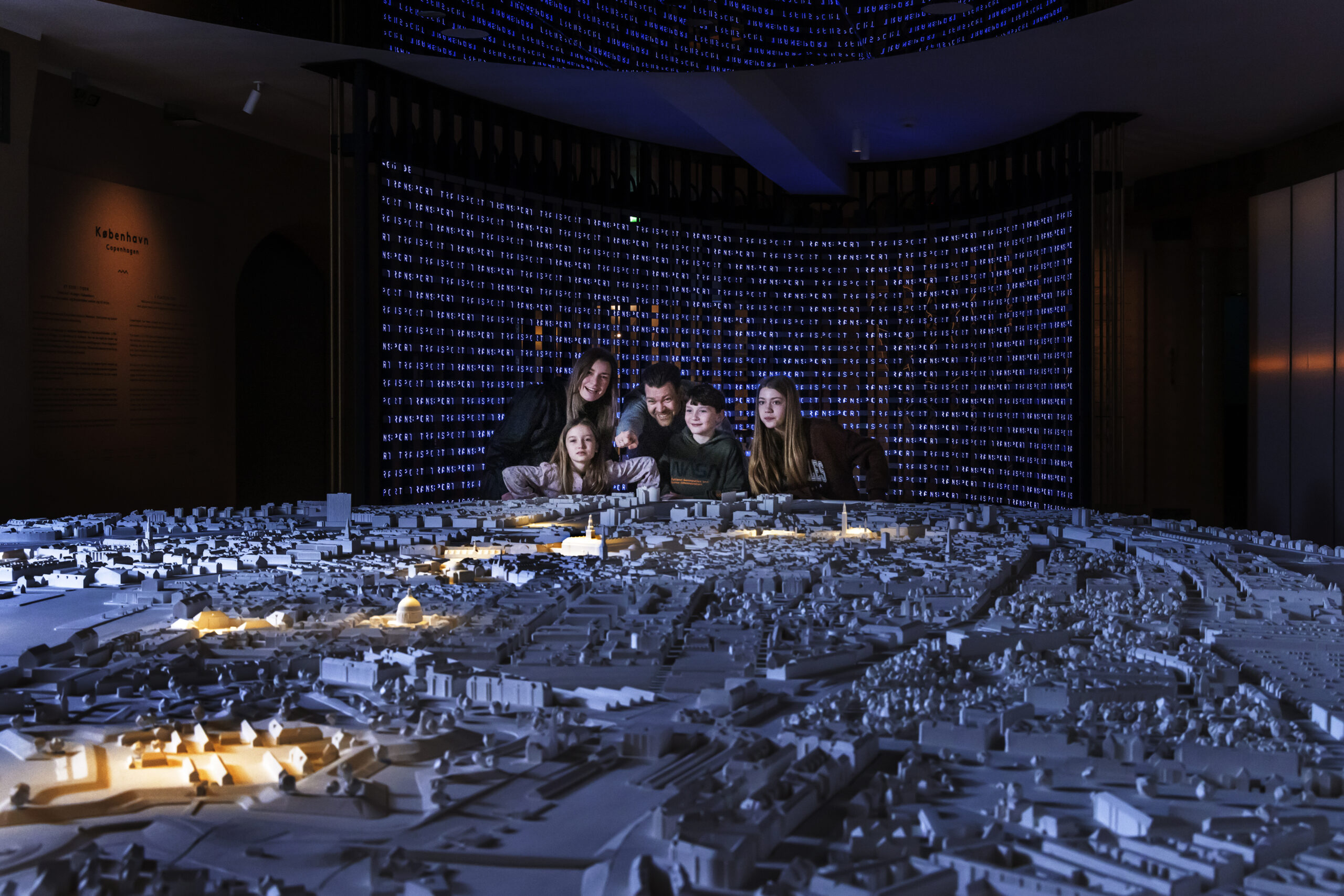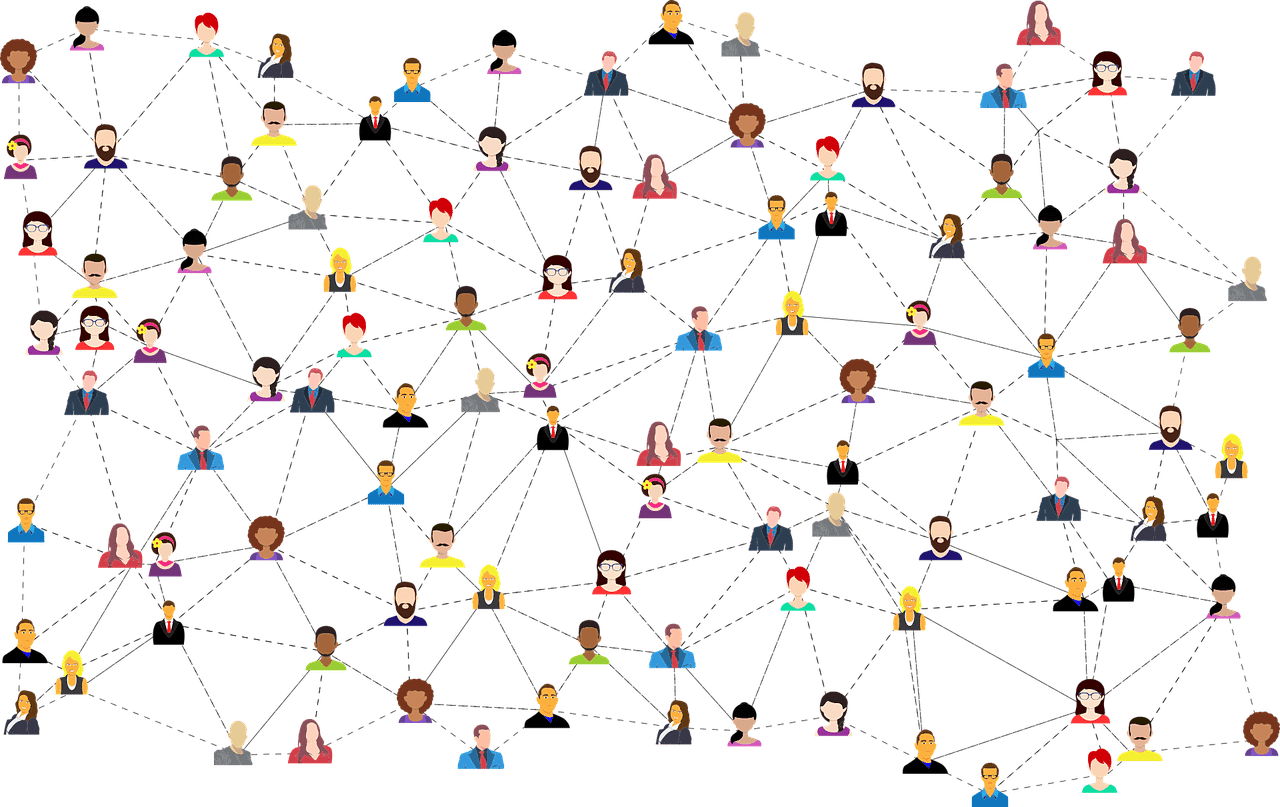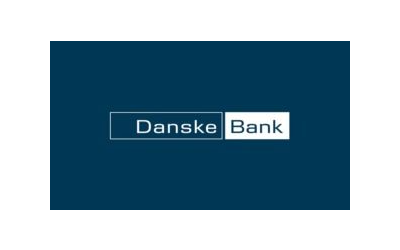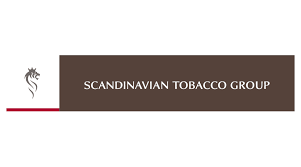Three early 20th century paintings belonging to the National Gallery of Denmark (Statens Museum for Kunst) should be returned to the German museums that owned them before they were illegally seized and sold by the Nazis, a leading Danish art expert contends.
Bjørn Wandall made the claim as the art world continues to debate what should happen to the 1,500 paintings discovered in a Munich property in November that were also looted by the Nazis.
There is no difference, Wandall says, between the collections: the paintings should be returned to their rightful owners.
In the case of the National Gallery's paintings – two by Emil Nolde and one by Henri Matisse – the works were taken from three different German museums in the late 1930s in accordance with a Nazi law that decreed ‘degenerate’ art was the property of the state. They were then auctioned off cheaply in Switzerland.
“We should not use this regime and their illegal acts to accept this,” Wandall told theartnewspaper.com. “It is important to open up a discussion.”
A logistical nightmare
However, Kasper Monrad, the chief curator and senior researcher at the National Gallery of Denmark, told the website that the German museums had their chance to reclaim the pieces after the Second World War, but did not come forward.
Furthermore, he suggested, it would be a logistical nightmare within the private sector.
“What about all the private and public owners who have bought pieces in good faith?” he asked. “Should they be compensated? And who would cover this cost?”
Stolen from Jewish collectors
It is believed that the 1,500 paintings found in Munich, which have an estimated value of one billion euros, were the property of one such collector, an 80-year-old who inherited the haul from his father. Most of the artworks, claim investigators, were stolen from Jewish collectors in the 1930s, and the discovery is only a tiny fraction of the total being searched for, Art Loss Register told AFP.
The three works held by the National Gallery of Denmark are Nolde's ‘The Last Supper’ (1909), which was confiscated from the Museum für Kunst und Kunstgewerbe in Halle; Nolde's ‘Figures and Dahlias’ (1919) from the Kunsthalle Mannheim in Mannheim; and Matisse’s ‘Reclining Nude I’ (1907) from the Museum Folkwang in Essen.


